The world's most populous Muslim countries such as Indonesia, Malaysia, South Asia, Pakistan, Bangladesh... use Halal food and are in need of importing many agricultural products from Vietnam in large quantities.
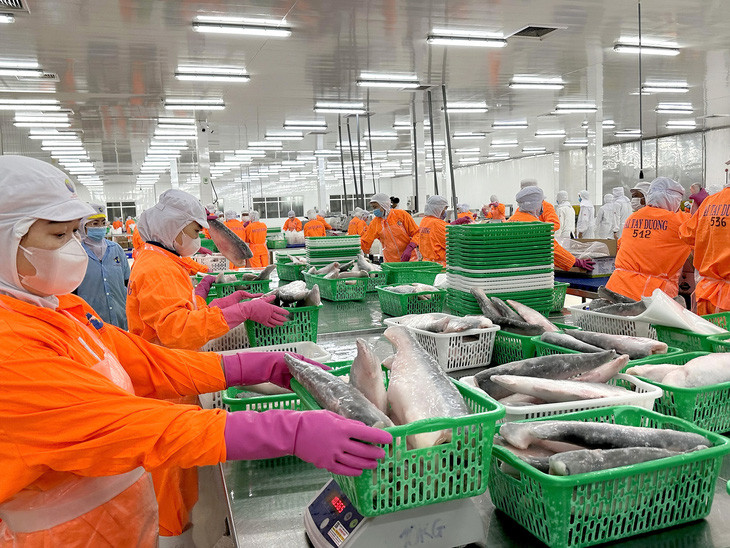
Expanding factories, diversifying products to improve quality, investing in deep processing technology to "please" consumers... are the ways that Vietnamese businesses are implementing to pave the way into the market. Halal, with strict requirements under Islamic law.
According to the Global Islamic Economic Report, Halal food spending is estimated to reach $7.7 trillion by 2025 and is expected to increase to $10 trillion by 2028. Meanwhile, the Muslim population accounts for about 24% of the world's population and is expected to increase by 3% by 2050.
The Halal market opens up great opportunities for Vietnamese businesses but also brings with it many challenges. Due to the strict regulations of Halal standards for products of animal origin, Vietnam's Halal export products are mainly agricultural products.
Vietnamese processed agricultural products are popular
With a closed model from animal feed production to poultry farming and producing final products such as eggs, chicken meat and related processed products, Ms. Pham Thi Huan - Chairwoman of the Board of Directors of Ba Huan Joint Stock Company - said that the products of this enterprise have been present in the market for many years, but only chicken eggs have received a "new breeze" because of the Halal standard.
"Ba Huan chicken eggs are available in 5 countries and territories: the US, Hong Kong, Singapore, Japan, and Malaysia. In addition to the farm in Binh Duong province, we are building another farm in Ben Luc (Long An province), increasing the total output to 2 million eggs/day to supply the Muslim market. We have a Halal certificate, just waiting for the market to open the code, Vietnamese chicken eggs will be on the table in this market," said Ms. Huan.
Meanwhile, with more than 10 years of exporting aloe vera and coconut jelly products to the Middle East market according to Halal standards, Mr. Nguyen Van Thu - Director of GC Food Company - believes that the opportunities in this market are huge. In 10 years, GC Food's customer base in the Halal product segment has gradually increased. Order output has also increased. Selling to this partner will lead to other partners.
"It is important that our production process is standard and guaranteed. Not only in the Middle East market, Halal standard products are considered good for health, so processed agricultural products of Vietnam or GC Food in particular are also having a "position" in the Philippines, Malaysia...", Mr. Thu informed.
The most populous Muslim countries in the world such as Indonesia, Malaysia, South Asia, Pakistan, Bangladesh... are in need of importing many agricultural products from Vietnam in large quantities. Therefore, a processed cashew nut exporting enterprise in Dong Nai province has just invested in a system of machinery technology from Japan, to improve the quality of cashew nuts for the Halal market.
"If processed according to standards, Vietnamese cashew nuts are very fragrant, delicious, and have a "very Halal" taste, so foreign customers will increase their orders. With raw materials but "high-quality" technology, the products will be upgraded. It is expected that by January 2025, all the machinery that we ordered 3 months in advance will be available at the factory. When we have Halal-standard products, we will boldly sign large contracts and deliver them far away," said the business owner.
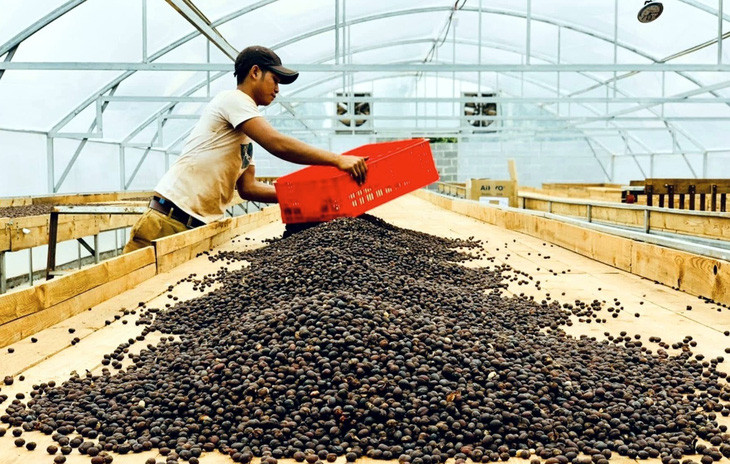
Long-term Halal standards must still be quality
Because there are no general regulations on Halal certification, each market has its own requirements. Therefore, according to export enterprises, the important thing is to invest in product quality. According to Mr. Thu, many enterprises find opportunities in the Halal market, but are "mistaken" because they think that having a Halal "passport" means a big win in this market.
"Meeting Halal standards is only a necessary condition, the sufficient condition is still product quality. A big piece of cake, with many businesses around the world aiming for it, means there is always great competition. In addition to reasonable prices, we only win big when Vietnamese products have high quality. Every year, improving the quality so that the product fully captures the preferences of consumers in this market is sustainable," Mr. Thu analyzed.
A systematic production process, input system of raw materials, cultivation process and even standards for varieties of cultivated products... must also be ensured to complete a sustainable Halal certification. According to a representative of a company specializing in exporting pangasius, Vietnam does not have a unified set of Halal standards to apply to all countries, but many agencies and organizations participate in the certification process with different procedures.
"Vietnam's agricultural products meet food hygiene and safety standards in accordance with Halal certification, such as VietGAP, GobalGAP, organic certification, HACCP, ISO... and are favored by Muslims. Not to mention, Vietnamese agricultural products can conquer a trillion-dollar market thanks to deep international economic integration with countries from Free Trade Agreements (FTA)... But looking back, there is no unified set of Halal standards, which is a big barrier for products wanting to penetrate this market," he said.
According to a leader of the Ministry of Agriculture and Rural Development, Middle Eastern countries have a demand for food imports of up to 80%, equivalent to 40 billion USD per year. In particular, the demand for food imports and the structure of imported goods of this market are similar to Vietnam's strengths. Not to mention, the import tax rate is very low, only from 0 - 5%, creating great opportunities for businesses.
"There are many opportunities but there are still many challenges that businesses have to face when exporting. The important issue is to still build a methodical market penetration strategy. From there, it will be the foundation for producing export products with appropriate quality, specifications, and designs...", he emphasized.
Source




![[Photo] "Beauties" participate in the parade rehearsal at Bien Hoa airport](https://vstatic.vietnam.vn/vietnam/resource/IMAGE/2025/4/11/155502af3384431e918de0e2e585d13a)


![[Photo] Looking back at the impressive moments of the Vietnamese rescue team in Myanmar](https://vstatic.vietnam.vn/vietnam/resource/IMAGE/2025/4/11/5623ca902a934e19b604c718265249d0)




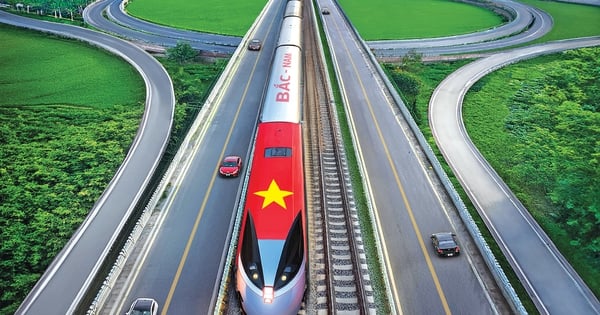

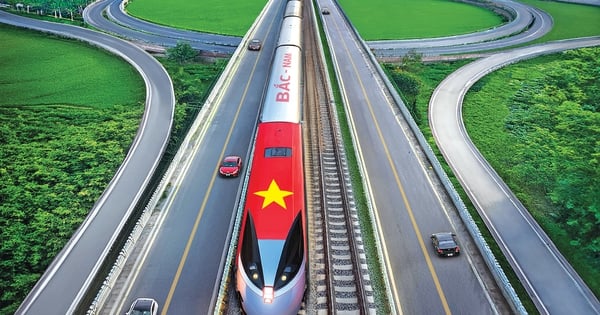
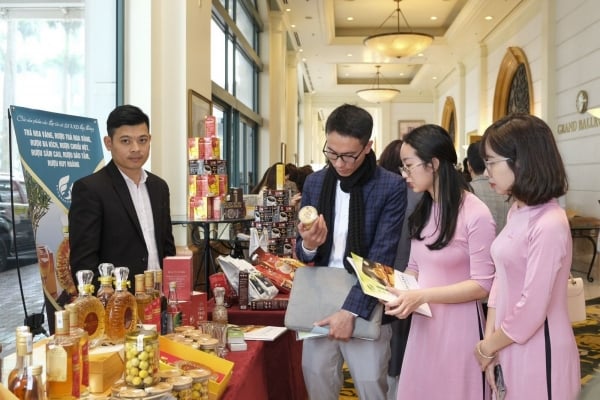

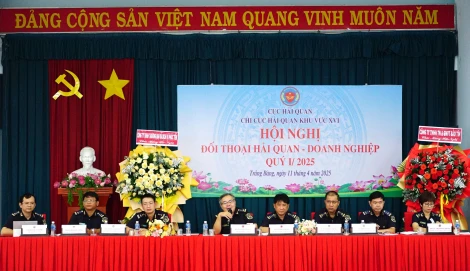
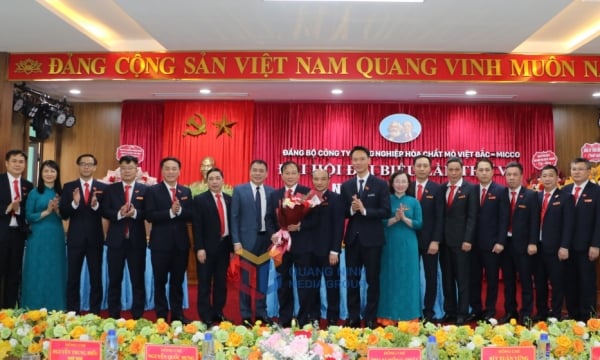
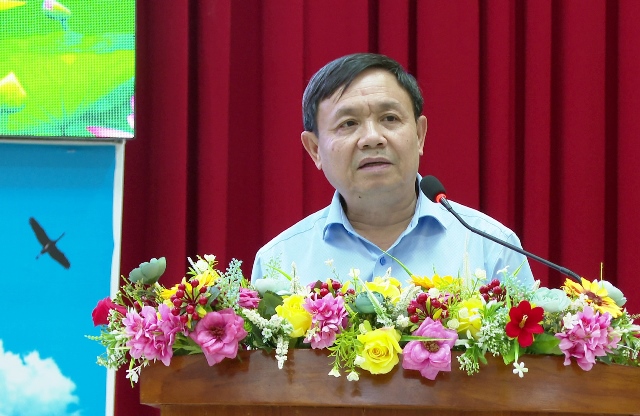

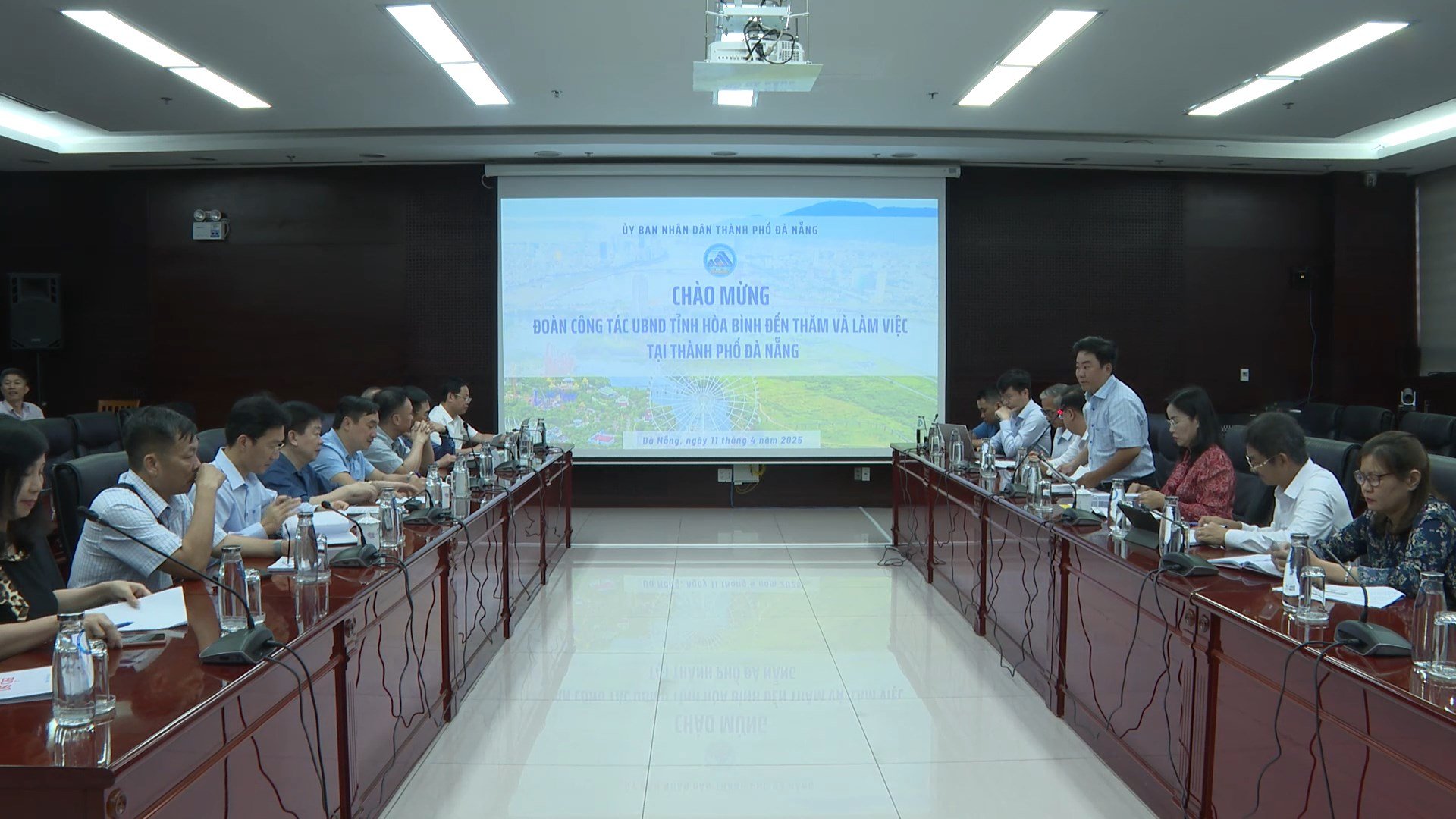



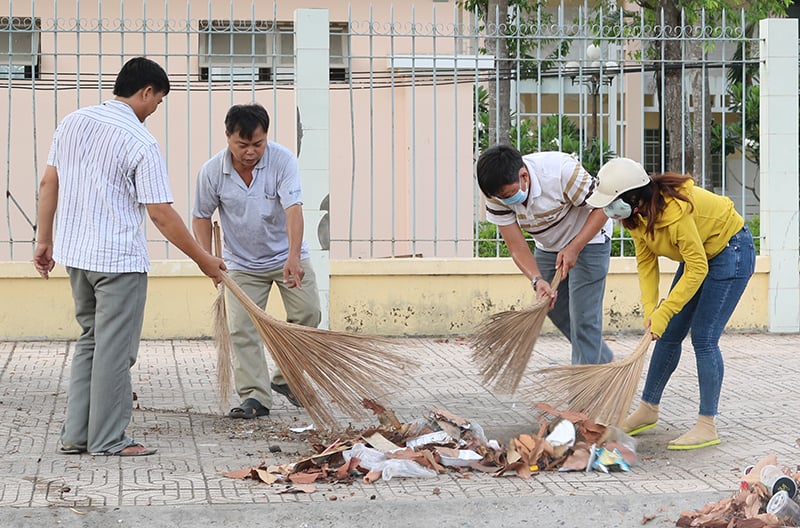
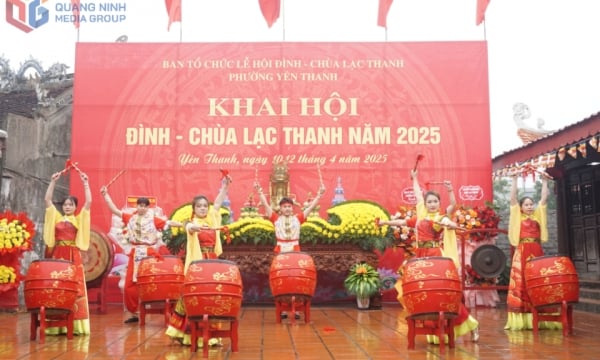
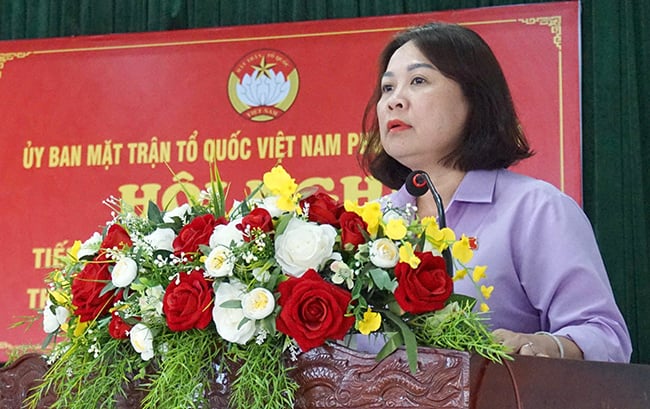
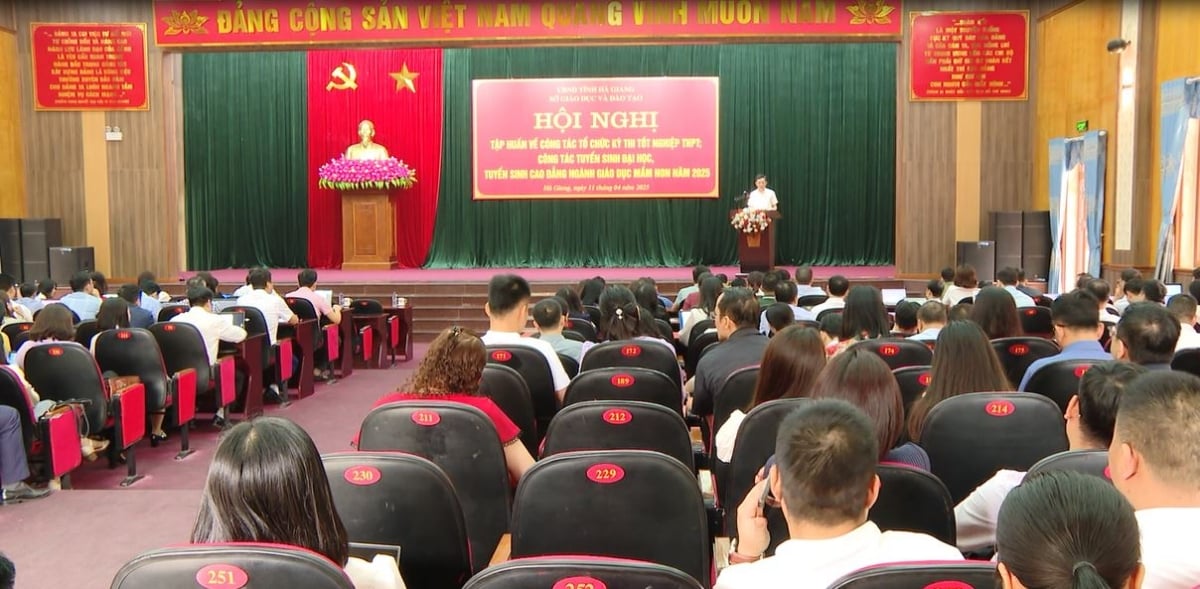
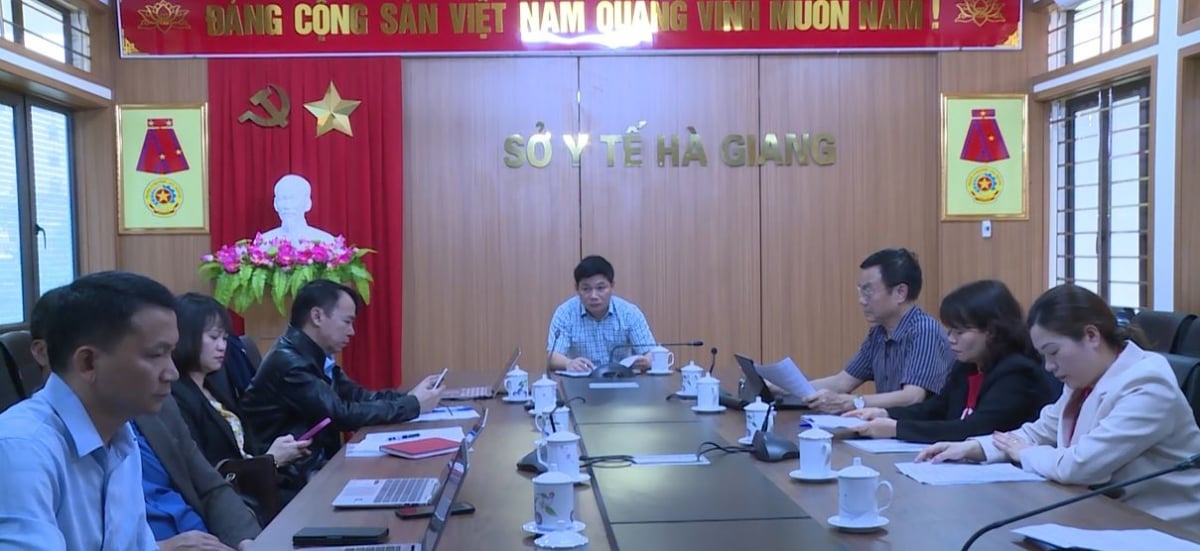
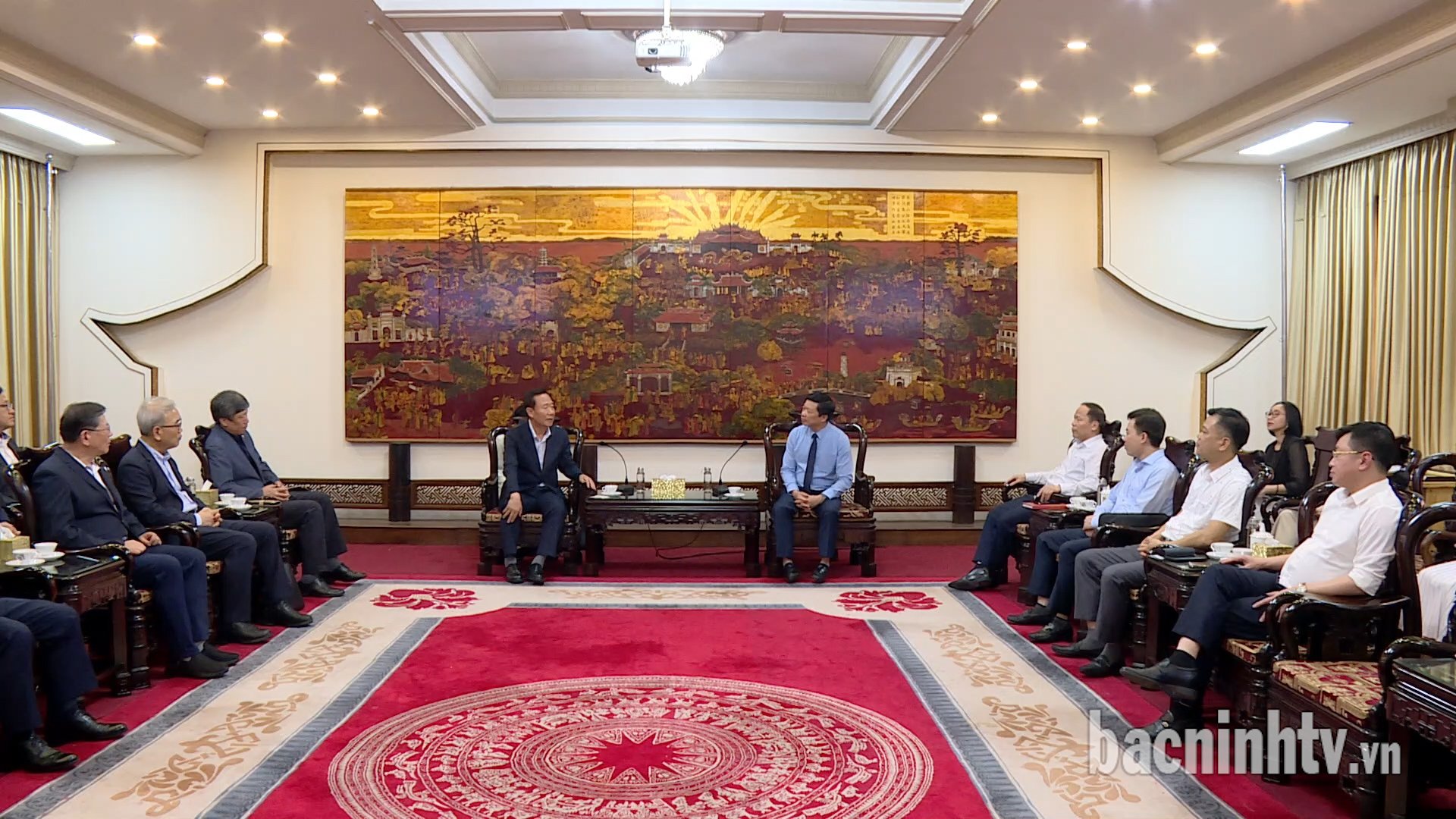
![[Photo] Summary of parade practice in preparation for the April 30th celebration](https://vstatic.vietnam.vn/vietnam/resource/IMAGE/2025/4/11/78cfee0f2cc045b387ff1a4362b5950f)










































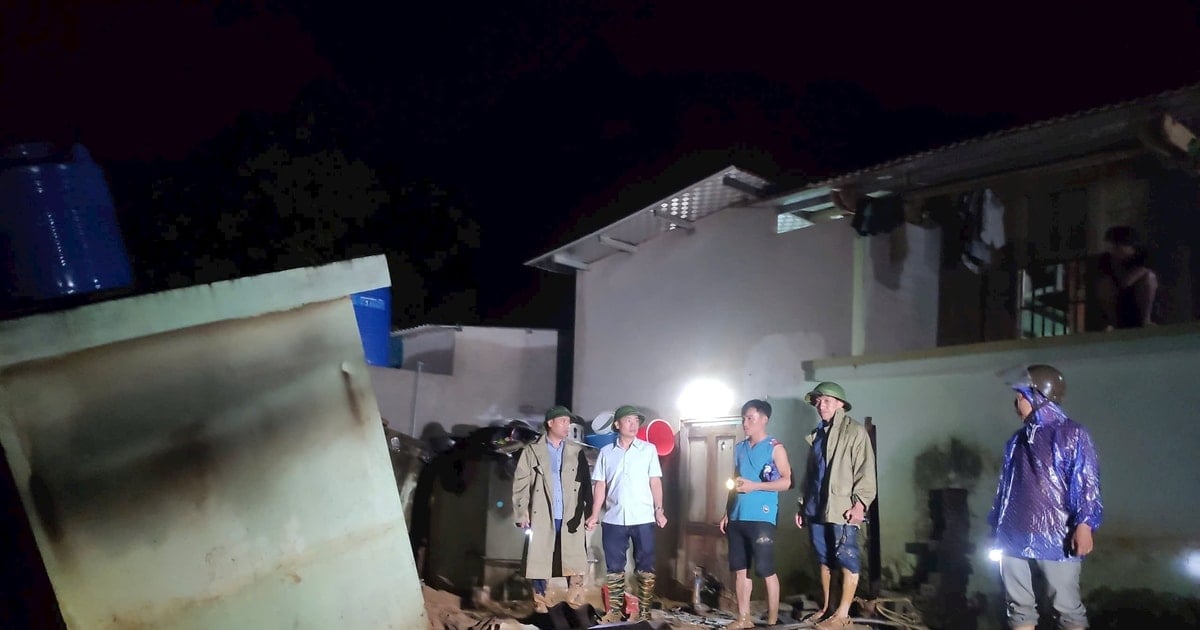

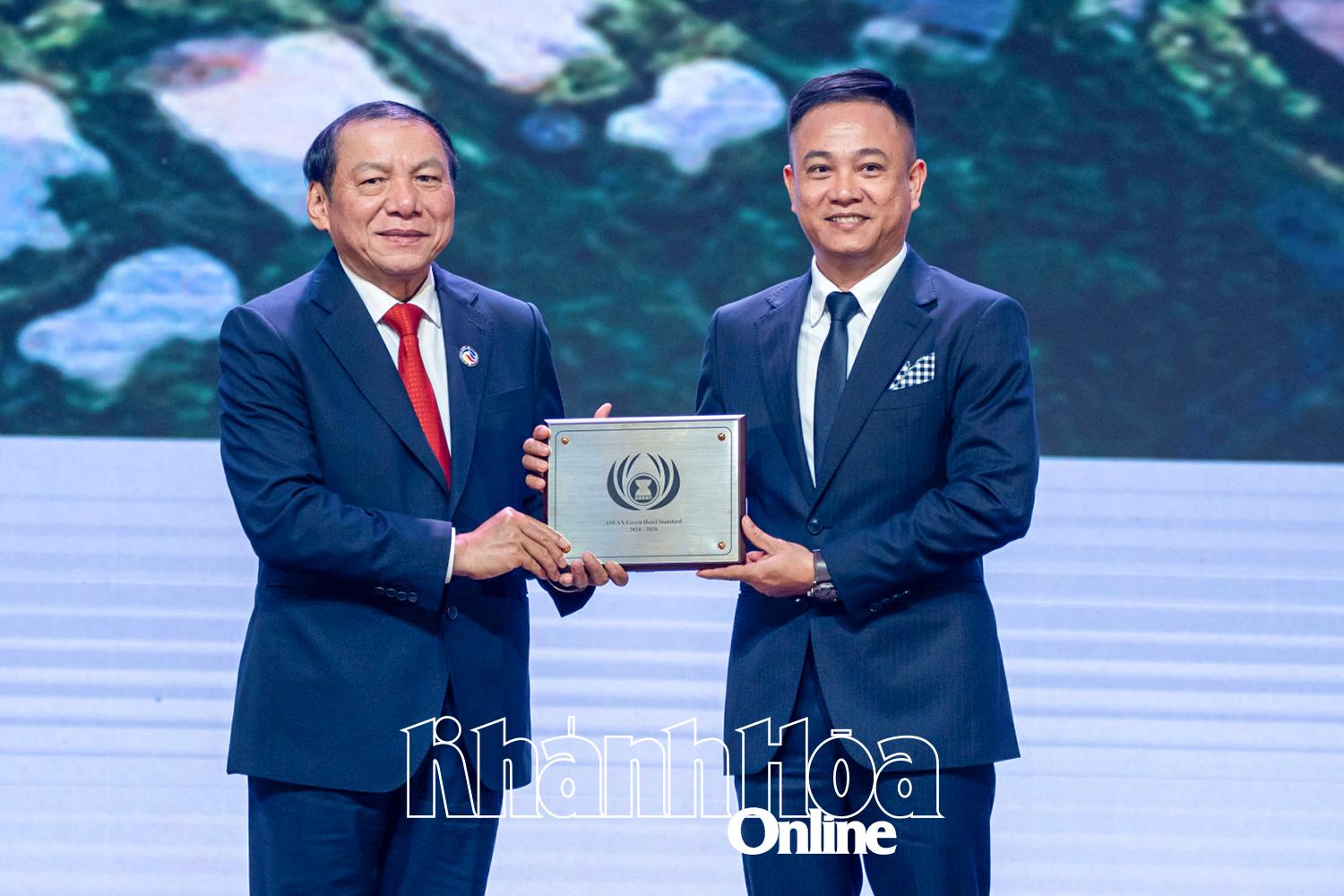

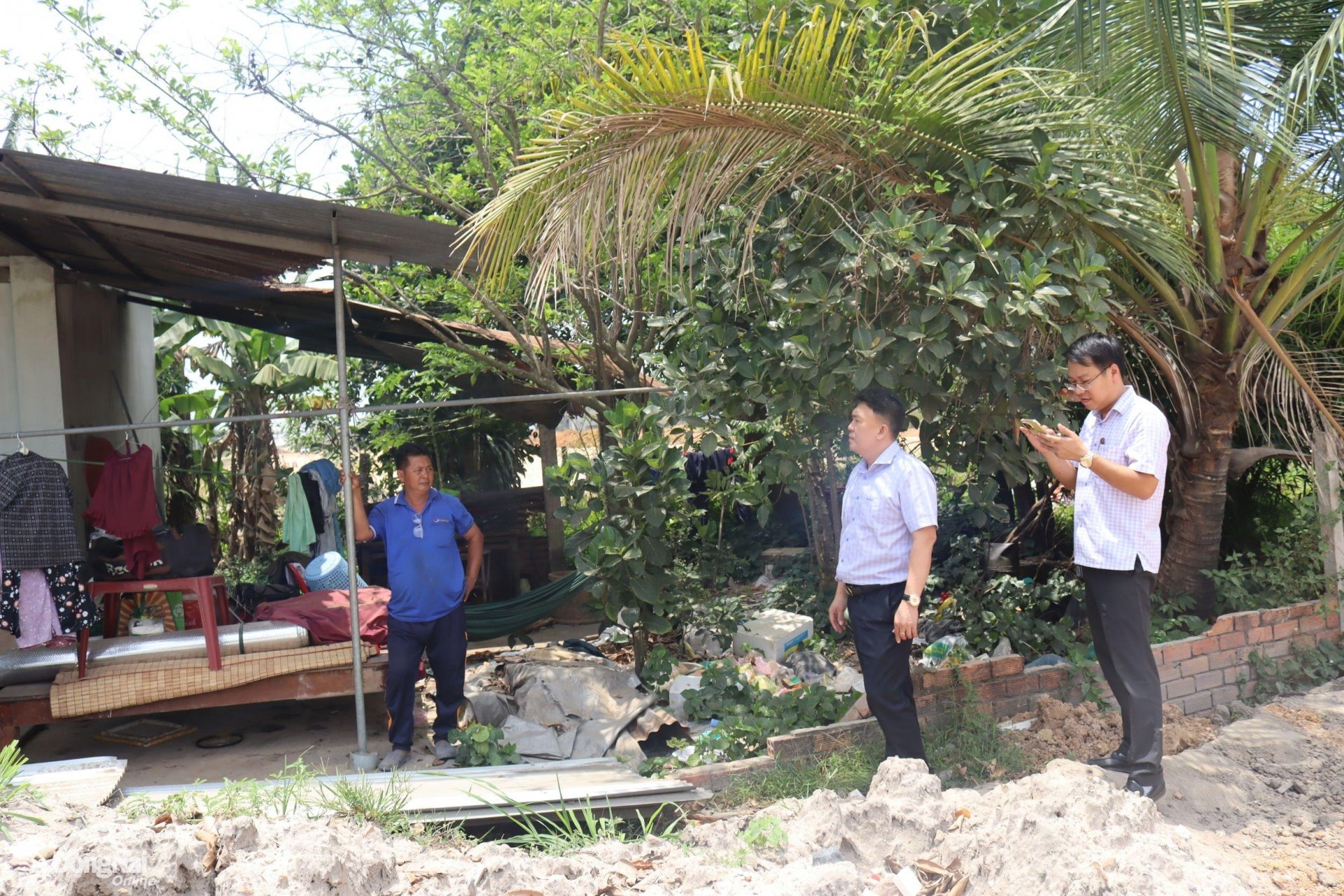

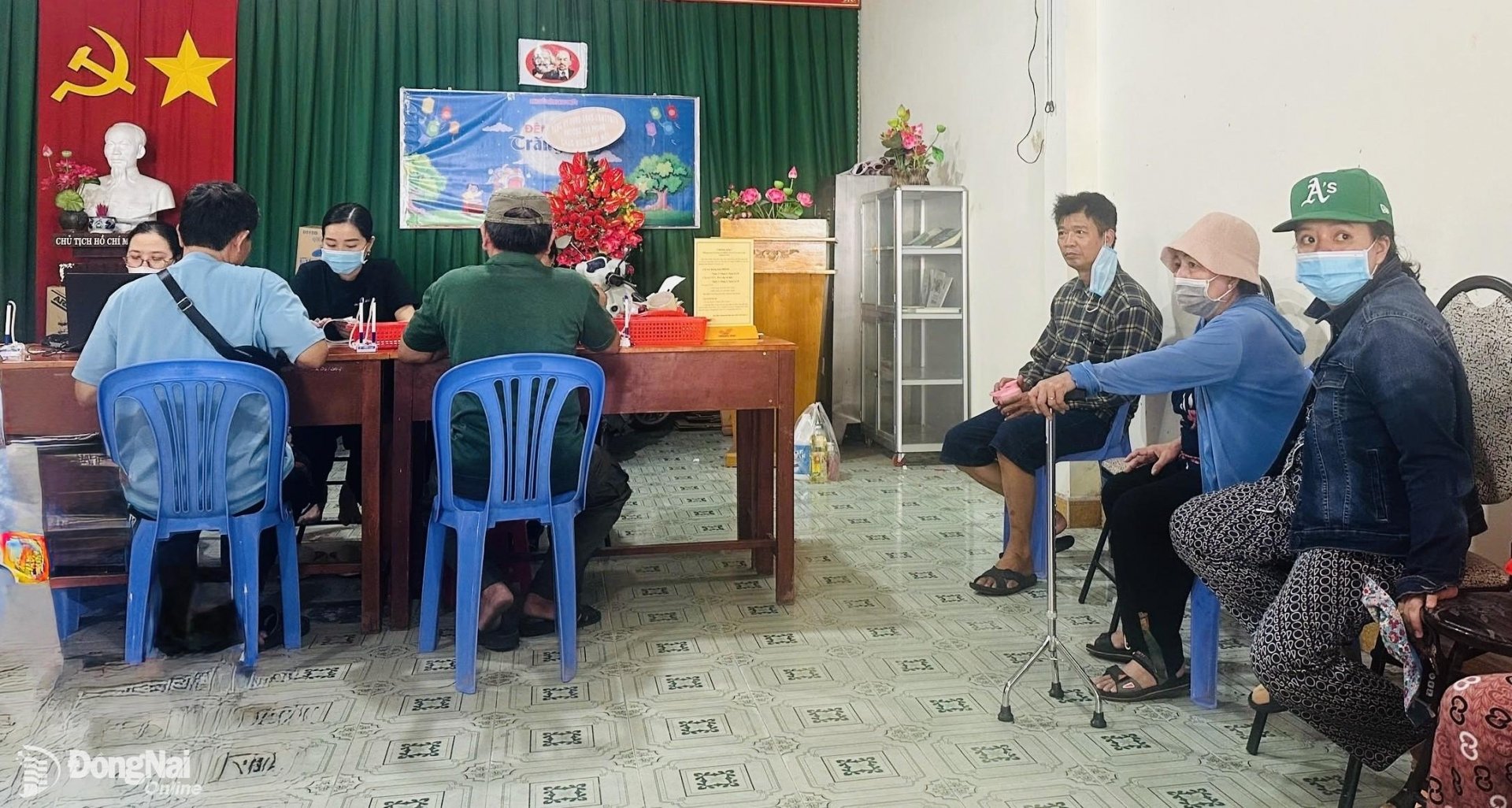
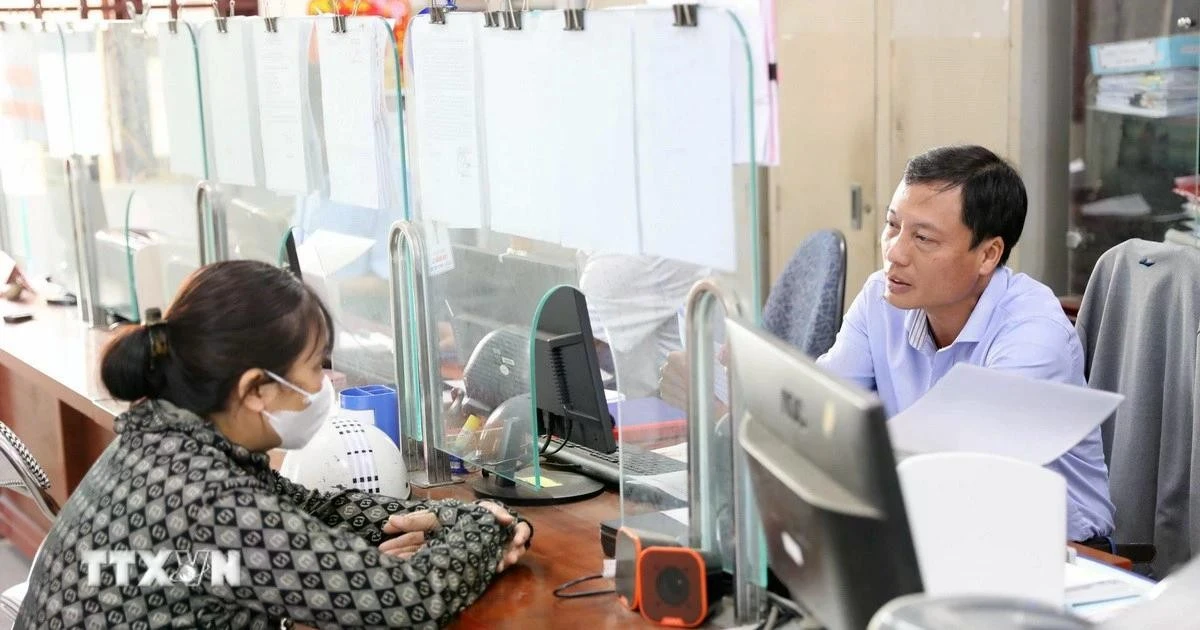












Comment (0)